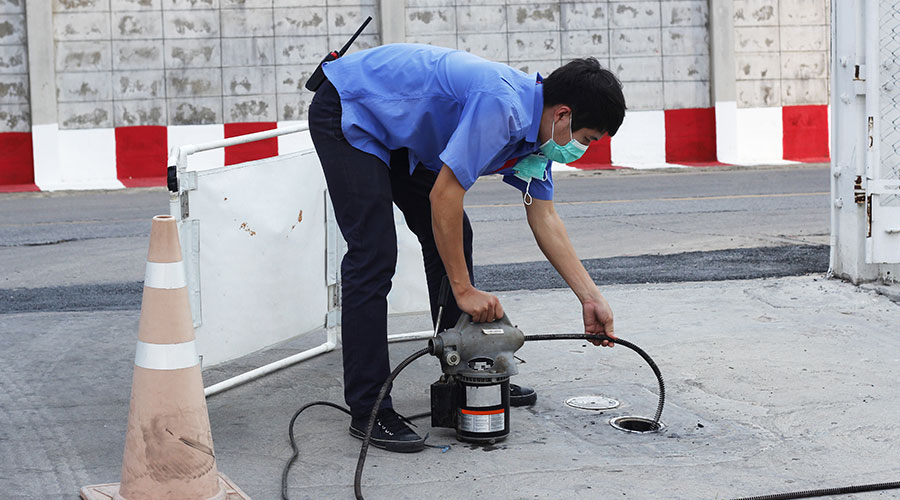Study: MRSA Hospitalizations Double Over Six Years
Hospitalizations related to infections from methicillin-resistant Staphylococcus aureus (MRSA) more than doubled – from 127,000 to nearly 280,000 – between 1999 and 2005, according to a new study.
Hospitalizations related to infections from methicillin-resistant Staphylococcus aureus (MRSA) more than doubled – from 127,000 to nearly 280,000 – between 1999 and 2005, according to a new study.
During that same period, hospitalizations of patients with general staph infections increased 62 percent across the country. The
study in the Emerging Infectious Diseases journal is the first to examine the recent magnitude and trends related to staph and MRSA infections. It found that such infections are now “endemic, and in some cases epidemic,” in many U.S. hospitals, long-term care facilities, and communities. Researchers say control of the infection should be made a “national priority.”
In all likelihood, researchers say, MRSA infections are spreading in both hospitals and communities, complicating efforts to prevent infections in hospital patients. Hospital-acquired infections from all causes result in an estimated 90,000 deaths per year and are the sixth-leading cause of death nationally. They also increase patient suffering and the length of time patients spend in the hospital – in addition to direct health care costs, estimated to be more than $6 billion annually.
The researchers offer several suggestions to address the spread of both staph and MRSA infections. These include national surveillance or reporting requirements for these infections, more research to explore the interaction between community- and hospital-associated infection, stepped-up efforts to control hospital infection, and increased investment in the development of a staph vaccine.
The study, conducted by researchers at Resources for the Future and the University of Florida, finds that the pattern of infection is changing. The researchers saw dramatic increases in the rate of minor-skin and soft-tissue infections caused by staph and MRSA that are commonly spread outside hospital walls. At the same time, there was no trend in the number of deaths from hospital-associated staph or MRSA infections.
Antibiotic-resistant infections impose even greater costs. Several studies have estimated that antibiotic resistant infections increase direct costs by 30-100 percent. MRSA-specific studies suggest the additional cost of treating an antibiotic-resistant staph infection versus an antibiotic-sensitive infection range from a minimum of $3,000 to more than $35,000 per case. This suggests that such infections cost the health care system an extra $830 million to $9.7 billion in 2005, even without taking into account indirect costs related to patient pain, illness and time spent in the hospital.
Related Topics:











